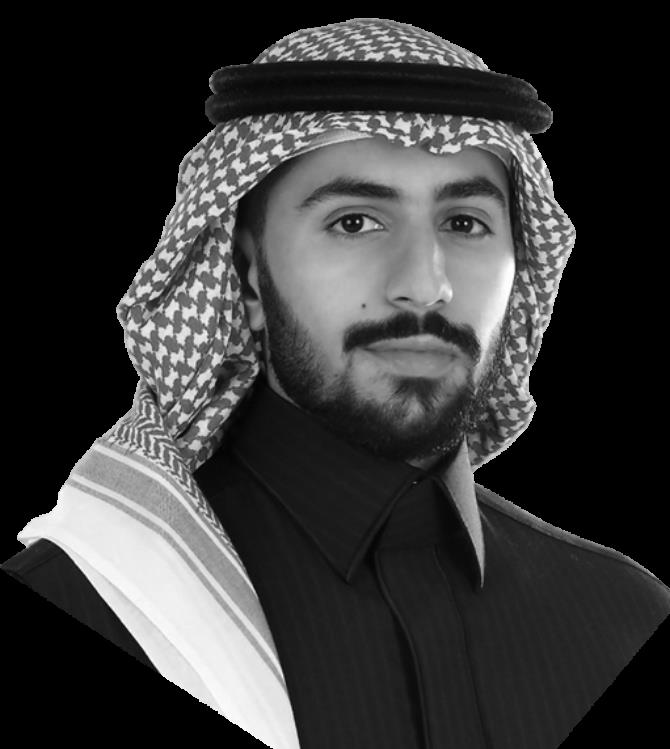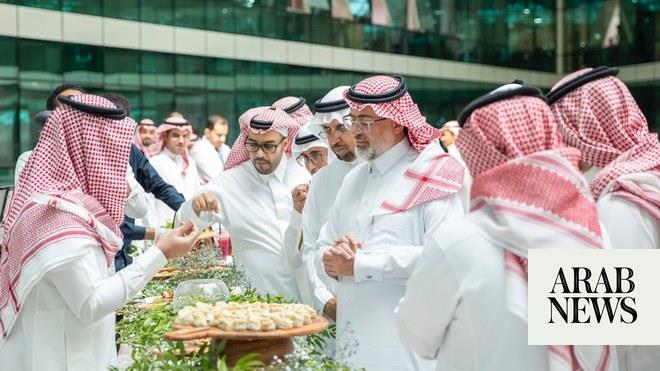
MIAMI: Last month, AeroFarms opened a 65,000 sq ft facility in Abu Dhabi, UAE, and signed a joint venture agreement with Saudi Arabia’s Public Investment Fund to establish a company in Riyadh to build and operate indoor vertical farms in the Kingdom and the Middle East and North Africa region.
The company, which specializes in vertical farming, grows plants with 90 crop cycles a year versus the usual five crop cycles. Its facility in Virginia feeds the entire US, said David Rosenberg, co-founder and CEO of AeroFarms, at the FII priority conference on Thursday.
AeroFarms wanted to work with early adopters, and the spirit in the Middle East allowed people to be the first, he said.
The region, with its lack of arable land and freshwater, is a good fit for AeroFarms, which can grow a plant with less than 5 percent of the water needed to grow one outdoors, he said.
“It’s a good fit to help with food security and enable food production locally in the region, and there’s capital to help us build it.”
The facility in Abu Dhabi and upcoming facilities in other parts of the region would also serve as innovation hubs for robots and artificial intelligence, which would then be expanded to its farms globally.
“No amount of smart farming is going to stop the young Vietnamese fisherman going out and fishing to make money to put money in his wallet to buy food,” said Fahim Al-Qasimi, co-founder of Seafood Souq, a platform that allows the seafood industry to trade and trace the seafood back to the source.
It is why Seafood Souq works in emerging markets, so it can provide the technology to small and independent fishermen that allows them to sell their traceable products in new markets, he said.
“Traceability is extremely important in the seafood industry,” Al-Qasimi said. “The only product we extract from the Earth that is more like mining than farming is seafood.”
Much of Seafood Souq’s success can be attributed to being an FII portfolio company, he said, with the partnership enabling Seafood Souq to grow platform orders by 250 percent and revenue by 84 percent in the past year.
“A third of the world still relies on seafood as a main source of protein or income. And it’s a very undigitized space, so we’re extremely proud to be innovating in 35 countries today from the region for the world,” Al-Qasimi said.












